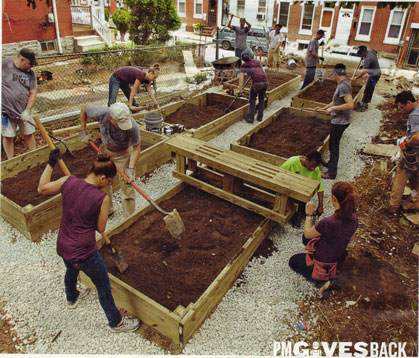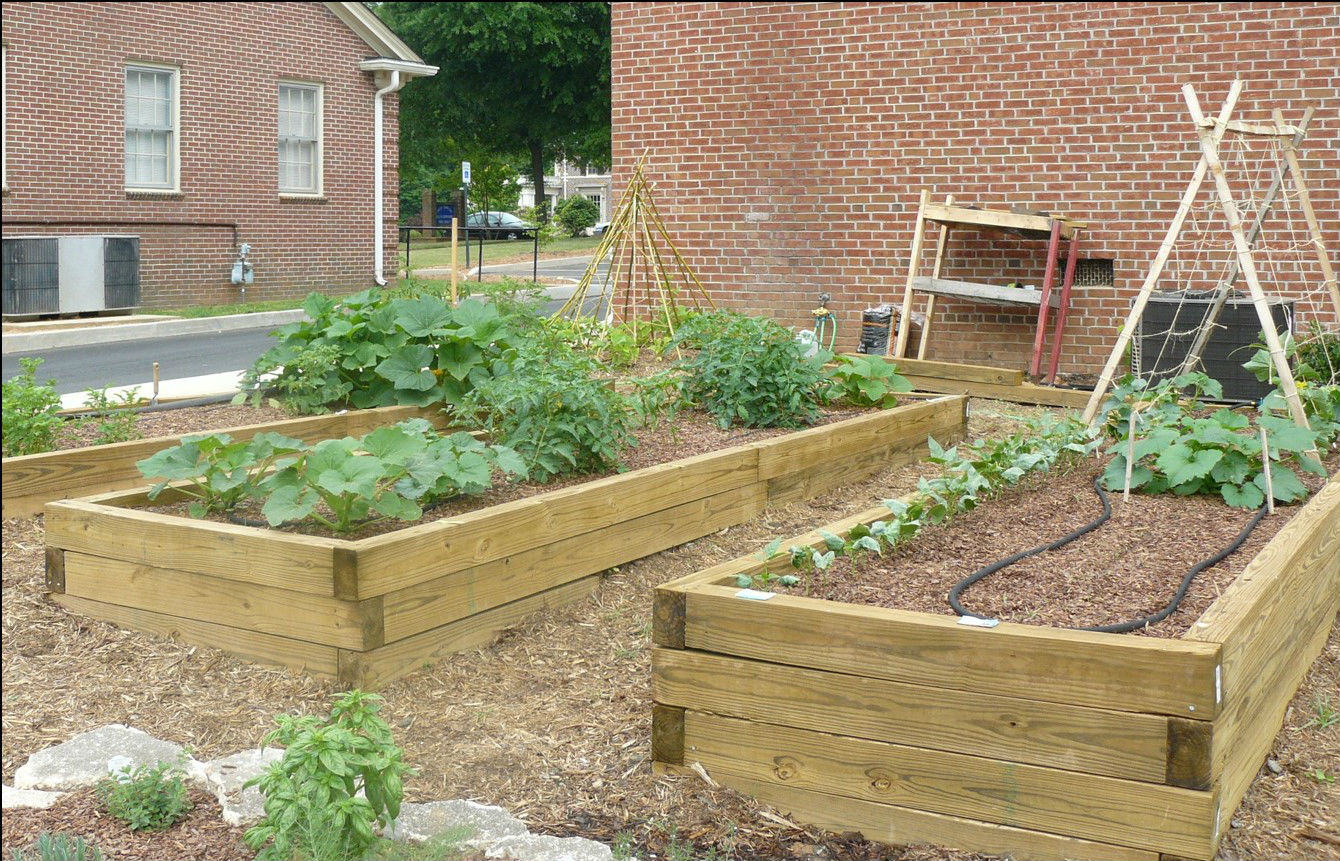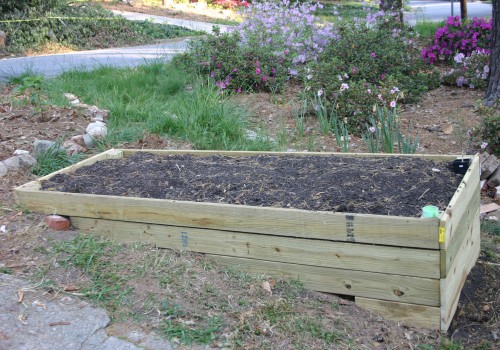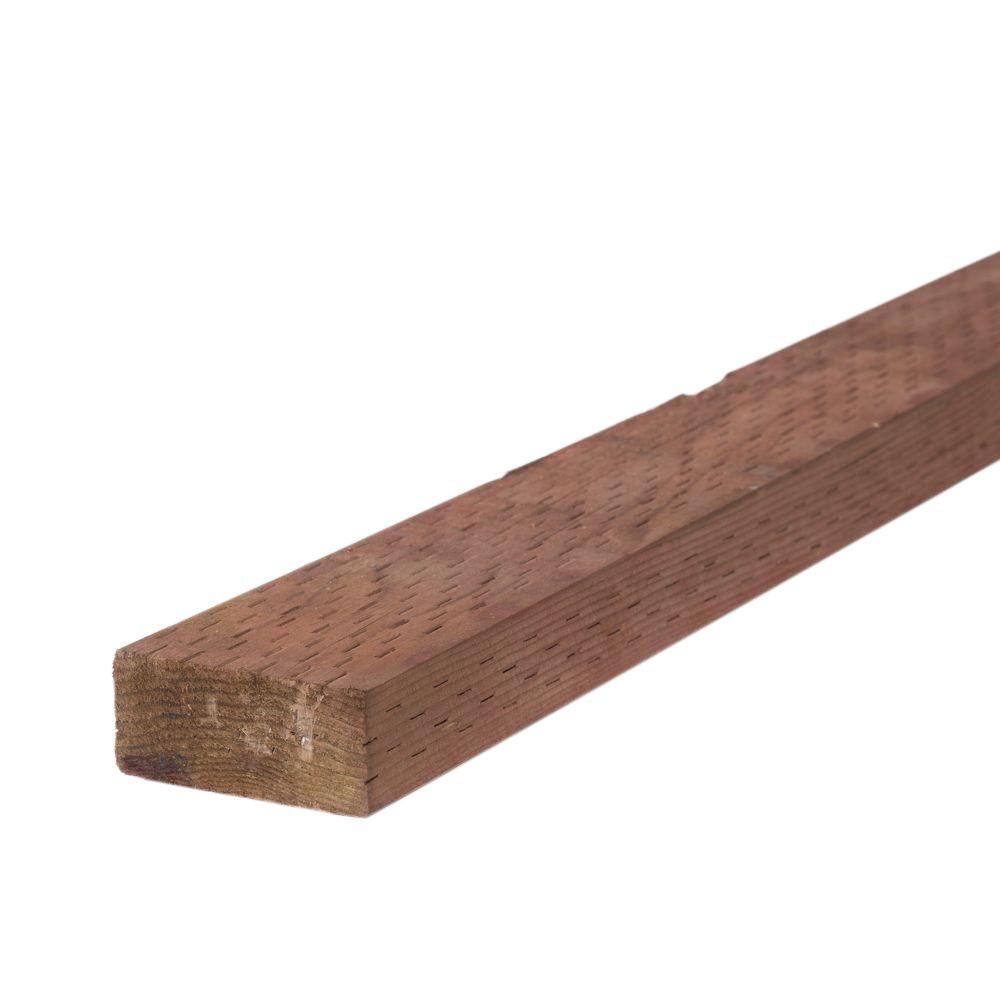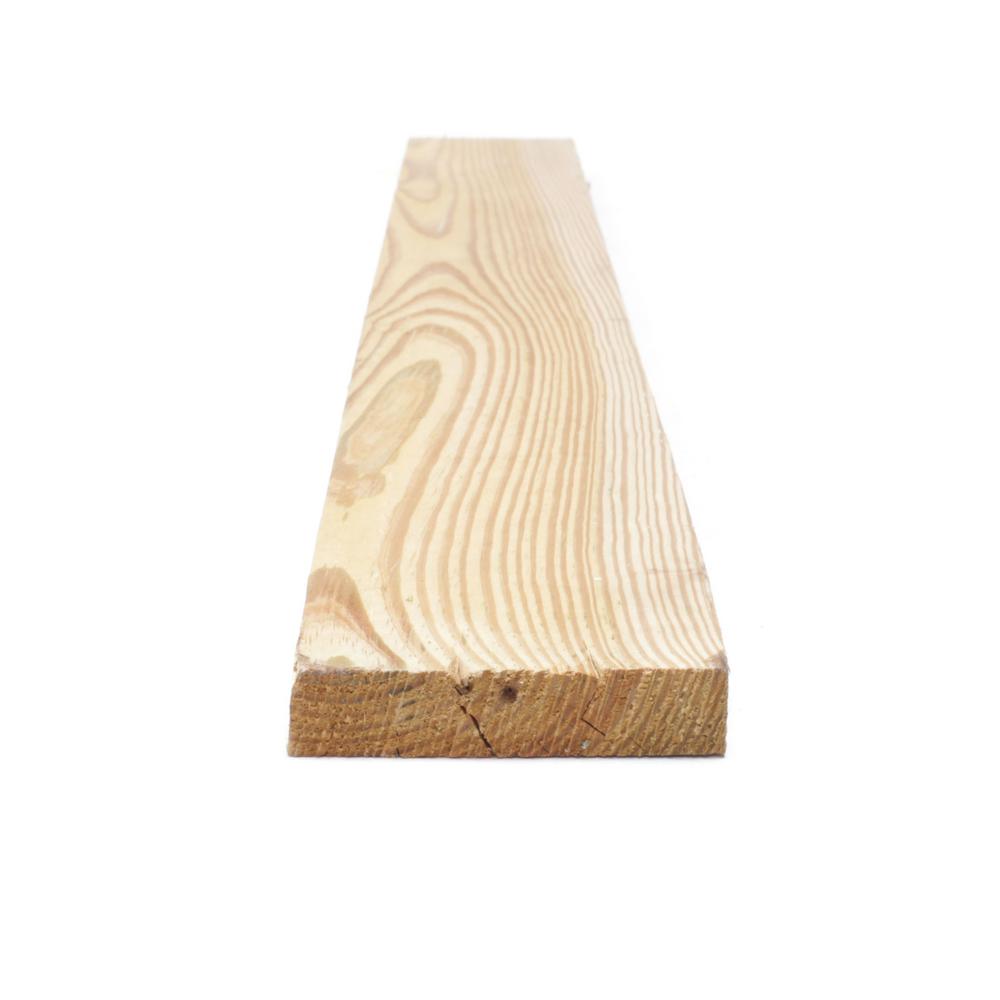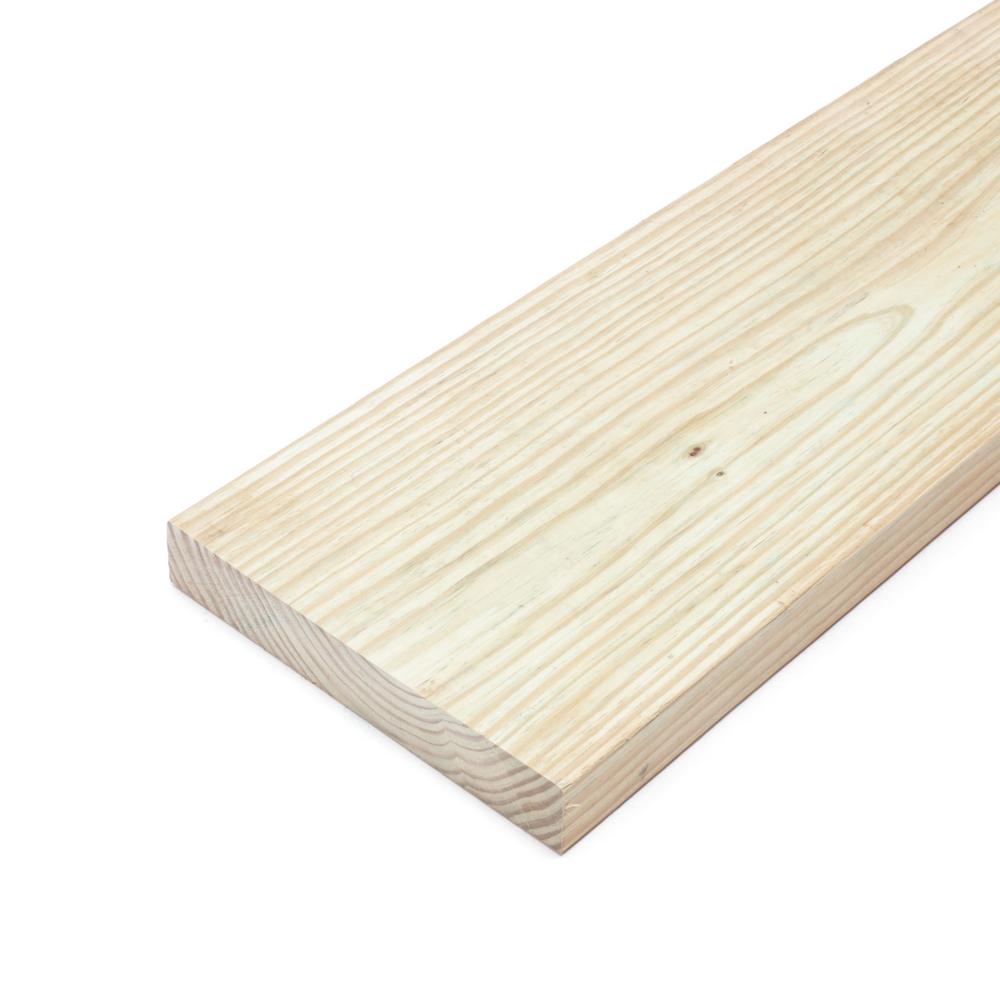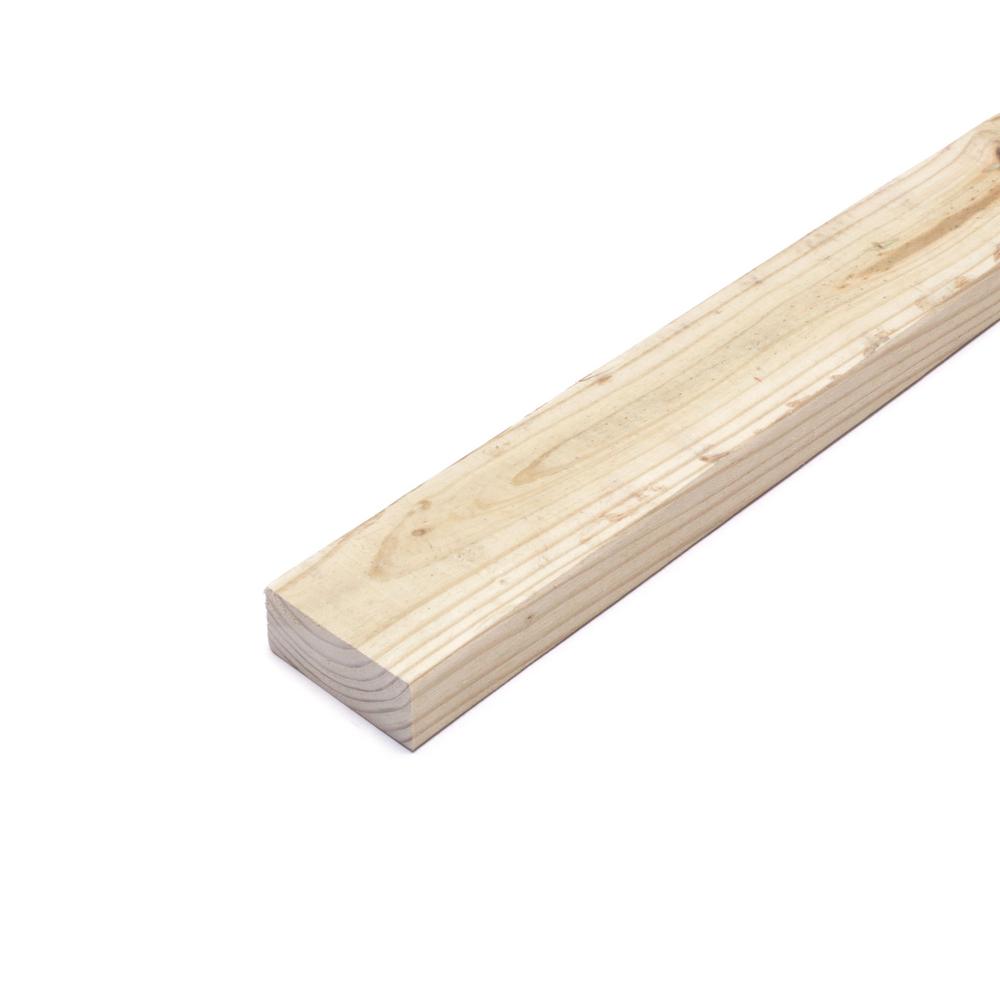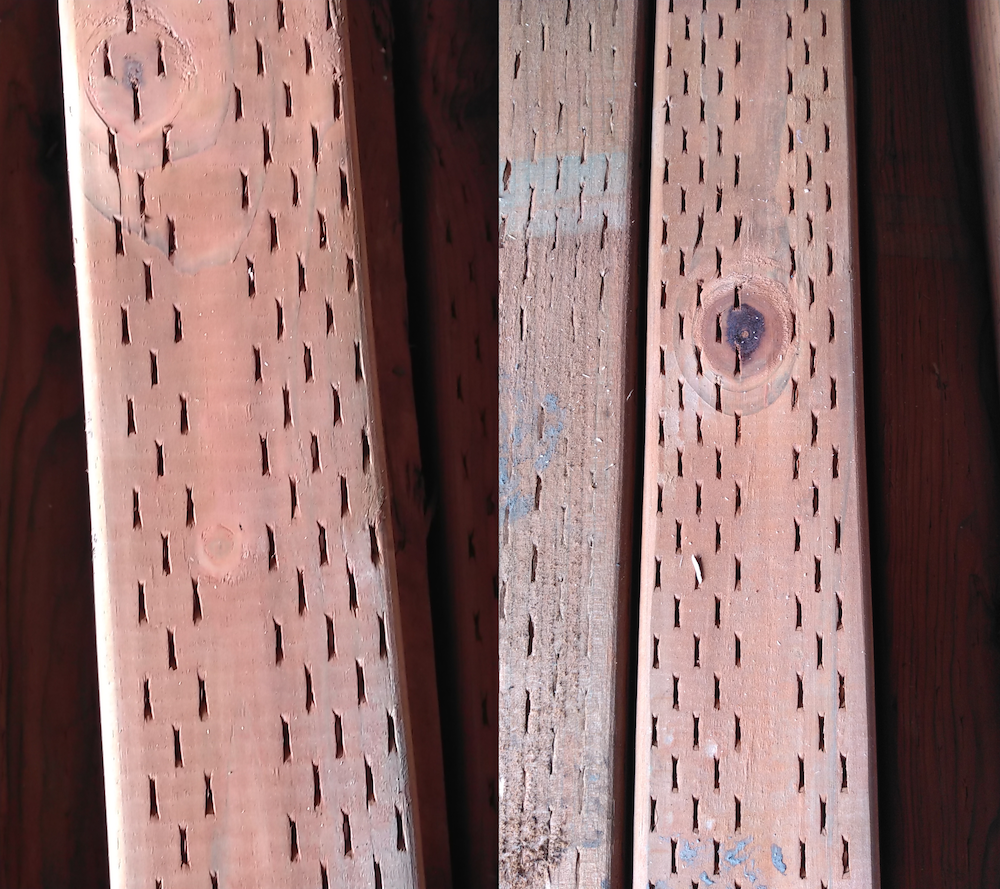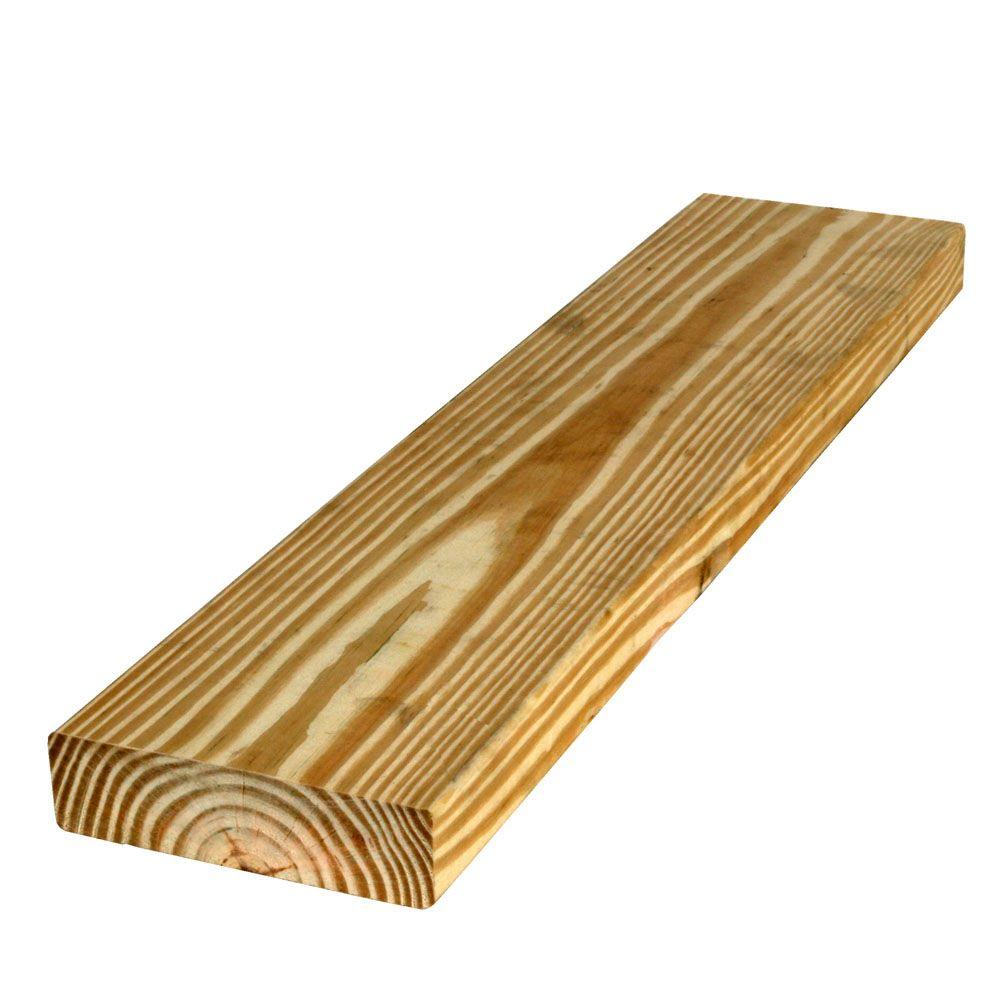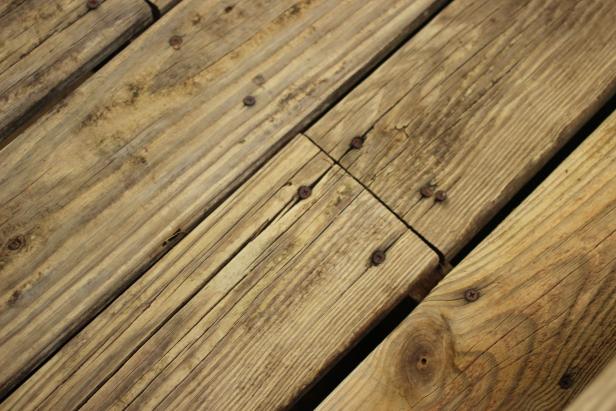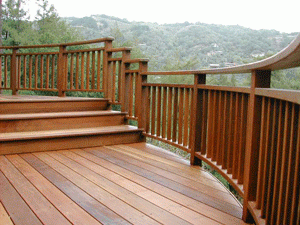Copper Azole Treated Wood Vegetable Garden

And micronized copper quaternary or mcq.
Copper azole treated wood vegetable garden. Studies have shown that arsenic from wood treated with cca leaches into the soil and that copper although much less toxic leaches from acq and copper boron azole cba a variant of ca b. Copper azole is a water based wood preservative that prevents fungal decay and insect attack. Manufacturers of pressure treated wood with micronized copper quaternary claim that their lumber won t leach any copper into the soil and therefore it s safe for all uses including making garden beds. Type a contains copper boric acid and tebuconazole while type b only contains copper and tebuconazole.
Lamiot wikimedia commons pressured treated. Can pressure treated wood be used as part of an organic vegetable garden. Here s what i know. Copper azole ca.
Copper azole treatments contain copper boric acid and tebuconazole type b does not contain boric acid. Alkaline copper quaternary or aca. Soil experts disagree on using copper treated wood products in a vegetable garden. Copper azole and alkaline copper quaternary contain fungicide and copper but not arsenic.
Sally brown a research assistant professor of soils at the university of washington knows her way around both food and metals. The copper works to deter insects while the. Raised vegetable bed with treated wood. In a 2014 study wood research scientists love gardner and morrell at oregon state university found that in growing radishes carrots and potatoes in a copper azole treated douglas fir planter the copper levels were not higher in roots or tubers of radishes carrots or potatoes compared to beds constructed from untreated wood.
It is a fungicide and insecticide. Joe mabel wikimedia commons there is a long standing controversy in the field of organic gardening. Copper azole and alkaline copper quaternary treatments both contain a fungicide. Ca is a water based preservative that can be cleaned and painted.
Wood that isn t pressure treated tends to rot fairly quickly in contact with the soil. The copper deters insects and the fungicide prevents soil rotting the lumber. In a 2014 study wood research scientists love gardner and morrell at oregon state university found that in growing radishes carrots and potatoes in a copper azole treated douglas fir planter the copper levels were not higher in roots or tubers of radishes carrots or potatoes compared to beds constructed from untreated wood.
